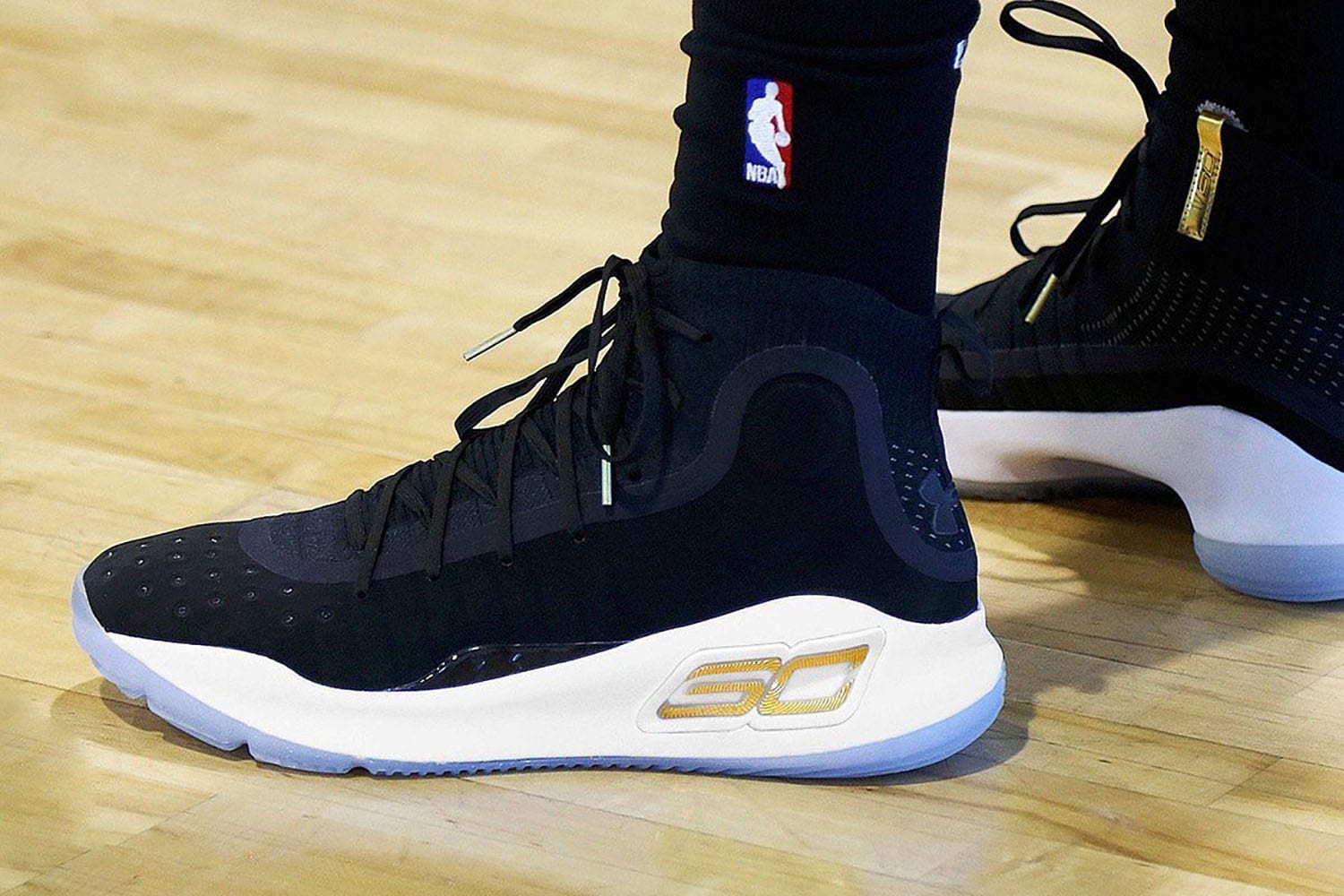One on One with Tristan Enaruna

Tristan Enaruna is now in his final high school year at the Wasatch Academy in Mount Pleasant, Utah. And, as it is for every good basketball playing student of that age, especially if you’re a four star rated prospect as Enaruna is, that means it’s time to take a closer look at the colleges that are interested in you.
As of now he received offers from very big colleges, including Miami, Texas Tech, Creighton, Kansas, and interest from Duke and Kentucky. Now, it’s time for him to decide what will be more important for him in choosing his home for the next four years: a big name, or getting playing time from the get go. But first, he will have to finish his final year at the Wasatch Academy.
What kind of school is the Wasatch Academy?
It’s a private boarding school, and that means that students can live on the school’s campus. A lot of students are international, and come from countries all around the world. Those international students all live and go to school on the campus, while there are also American students that live close to the school, and therefore don’t stay on the campus.
Why did you choose the Wasatch Academy for your high school years?
I decided that I wanted to go to the States for my last few high school years. It was important to me that the school wasn’t too big, and that I could be myself there. Basketball wise, I knew that the Wasatch Academy was a strong school and I would have a lot of competition on the court.
Is it difficult for you to combine basketball and school?
It’s busy, very busy. I go to school from 9 AM to 3 PM, and then on to practice right after school, followed by dinner. Around 7 PM, my day is done, so I have time to do my homework and study for exams. It’s quite tough, but the school really helps their students after school with individual help when needed.

What has changed in your game since you went to the States?
Definitely my intensity: I practice harder, and play harder. In the Netherlands, sometimes I would be too laid back, let everything pass by, but now I’ve learned to give it my all every second of the day. Grind mentality.
You attended the Basketball Without Borders camp this year. What was it like?
It was a great camp, and definitely a good experience for me. I already knew a lot of players from camps that I’ve been to before. The coaching staff was great, and I also learned a lot of things I didn’t know before. I gave it everything I had during the camp, so it was quite tough, but it was a lot of fun.
There were also NBA players giving practices during the camp. What was it like getting practice from Nikola Jokic?
It was cool, I wasn’t expecting him to be there at all. We were just doing a drill and suddenly he walked into the gym. At first, I didn’t even recognize him without his Nuggets’ jersey on. He showed us some moves, and talked to us about a few things he had experienced on the road to the NBA.
You have had quite a lot of interest and offers from good schools. How do you decide which school is best for you?
As of now, I haven’t visited a school yet. I do have a few favorites in my head, but nothing is official yet.
There are some factors that are more important than others. Playing time is one of them. I always want to play of course. Location is also a factor. For me, what’s very important is that the team trusts me. I want the chance and the freedom to play my role on the team, on my position, where I can play my own game.

It’s an important decision. Is anyone helping you making your choice?
A lot of people are helping me. Of course, my mom an brother are also a great support for me.
How do you know which colleges are interested in you. Do they contact you directly, or do you read it online?
Some schools let me know through my coach at the Wasatch Academy. Other schools contacted me personally via texts or called me. Then, they say that they’re interested or want to offer you a scholarship.
Everybody thinks you are a huge prospect, but you get a lot of criticism too. How do you deal with that?
Criticism can be negative and positive. The positive stuff is helping me a lot. For example, I bring it with me on the court, remember it, and most important try to improve it. The negative criticism is a whole different thing. I mostly try to block it out, because if you get the negatives stuck in your head, you can get in a downward spiral, and then it can effect your playing. And that should never be the case.







